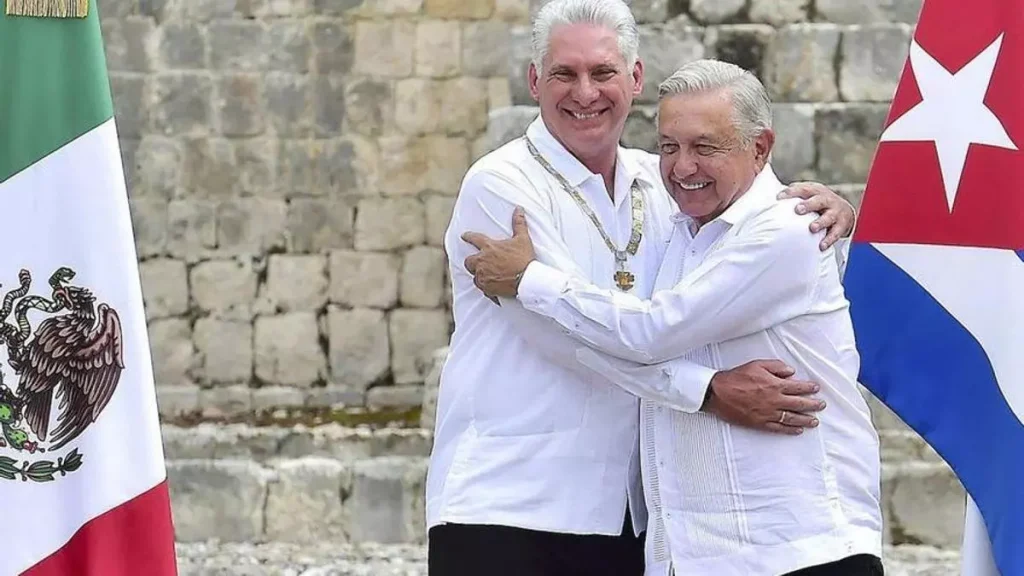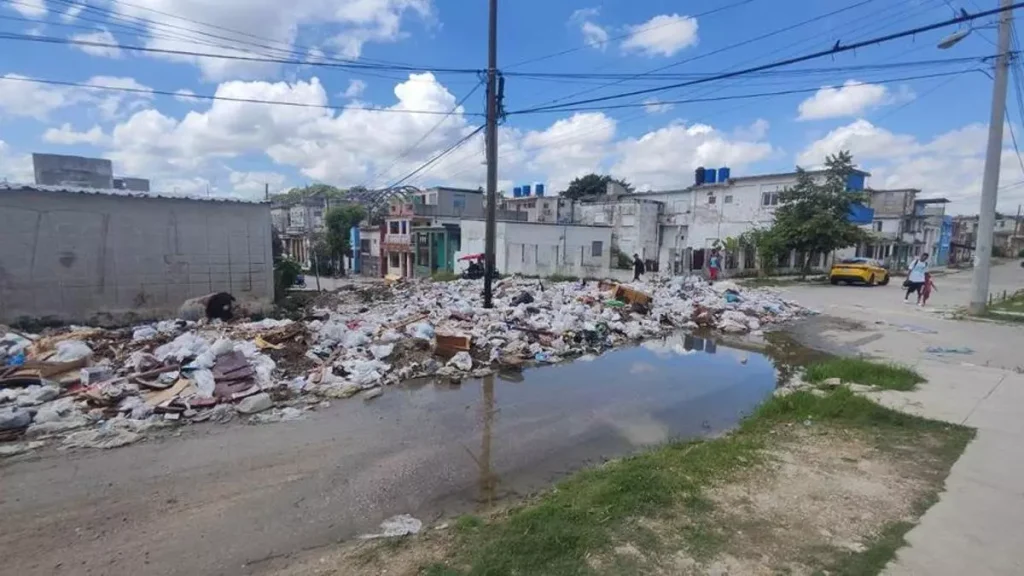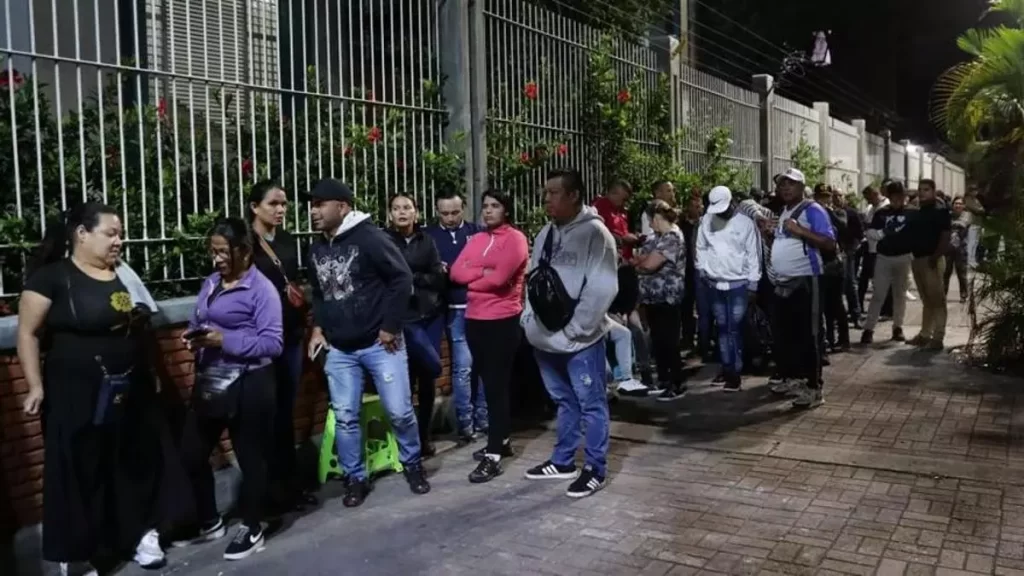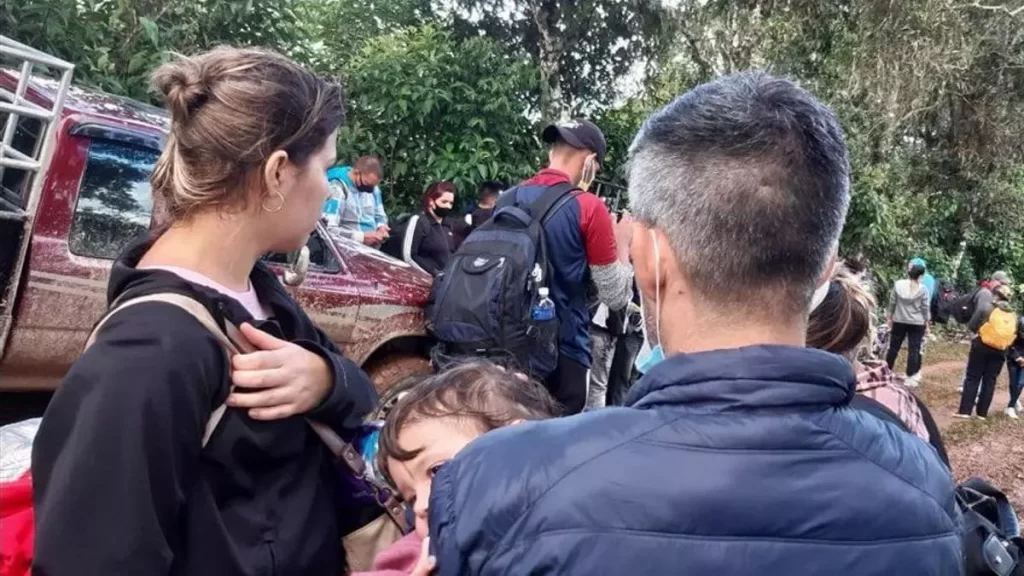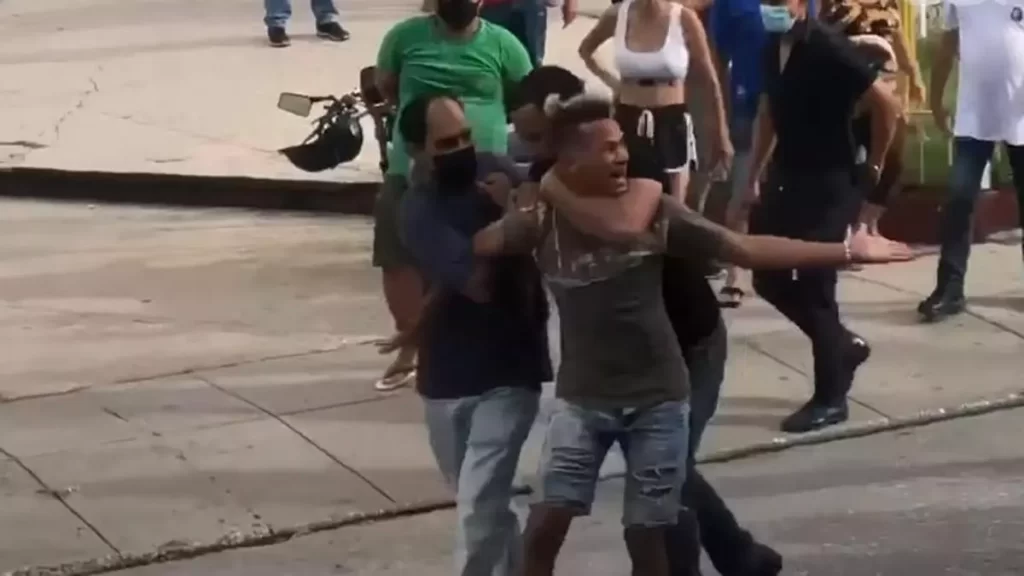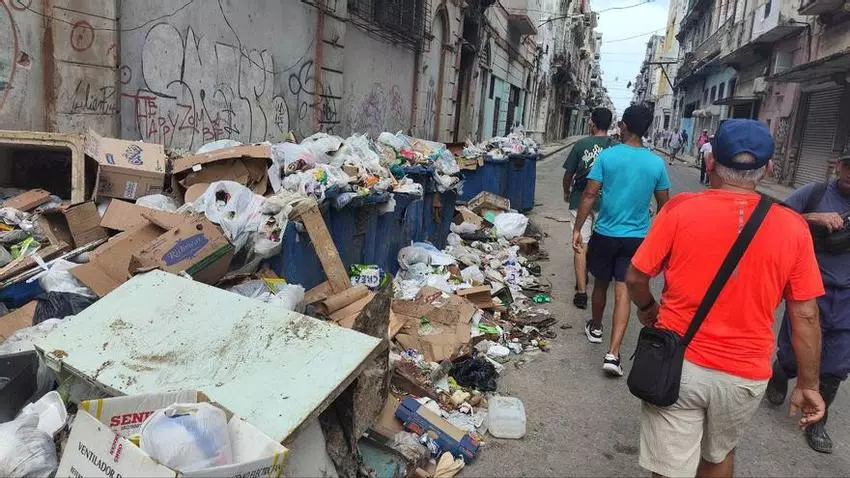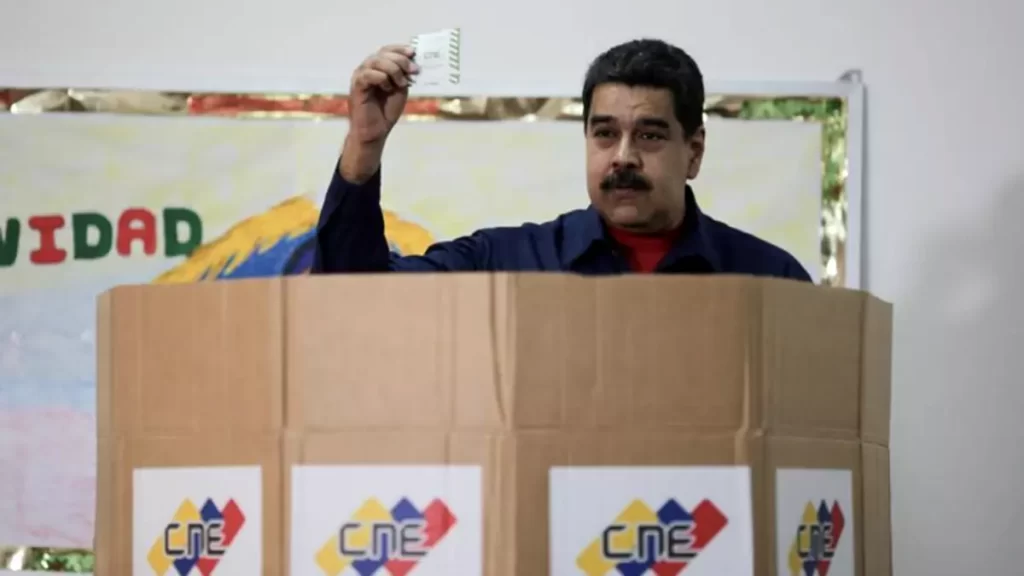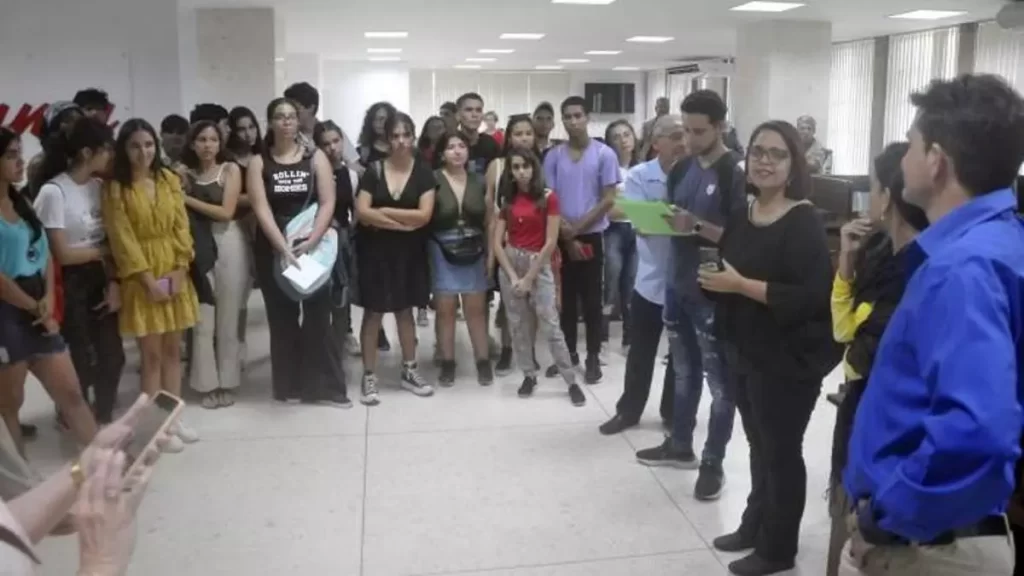Political prisoners cling to those things that give them warmth, courage and strength to continue living.

![]() 14ymedio, Yoani Sánchez, Generation Y, Havana, 22 October 2024 — A Cuban political prisoner, convicted during the Black Spring of 2003, told me that he had managed to obtain a tiny radio in prison, which he hid among his belongings and with which he could find out what was happening beyond the prison walls. One day, during an exhaustive search by the guards, this precious possession was found and confiscated. The prisoner was punished for having this small device with a beating and several days in solitary confinement.
14ymedio, Yoani Sánchez, Generation Y, Havana, 22 October 2024 — A Cuban political prisoner, convicted during the Black Spring of 2003, told me that he had managed to obtain a tiny radio in prison, which he hid among his belongings and with which he could find out what was happening beyond the prison walls. One day, during an exhaustive search by the guards, this precious possession was found and confiscated. The prisoner was punished for having this small device with a beating and several days in solitary confinement.
The objects that prisoners hoard are part of the narrow universe in which they have been confined. If the person is also convicted for his ideas, the things that surround him in prison also become an emotional support and part of his growth as an activist. It is not for nothing that books, correspondence and everything that contains words and information are on the list of things most censored by the jailers. A volume with historical anecdotes, a novel about some faraway place or a compendium of reflections by political leaders helps to cope with loneliness and to mentally escape from the rigors of confinement.
They were more than coats, spoons or blankets, they were real emotional lifesavers.
Several media outlets have recently published excerpts from the diary that Russian opposition leader Alexei Navalny wrote in prison. The dissident, who died last February, left behind a record of his daily life behind those walls, his fears and his hopes. In one of the passages he describes, the prisoners are preparing for the low temperatures in Siberia: “They gave us the standard padded jackets, fur hats and winter boots a few weeks ago.” Reading these details after the activist’s death is shocking because of the continue reading
More than half a century earlier, in his book One Day in the Life of Ivan Denisovich, the Russian Nobel Prize winner for Literature Aleksandr Solzhenitsyn recounted the shocking testimony of a prisoner in a Soviet labor camp. The captives’ belongings also play a leading role in this story. Isolated and deprived of their family contacts and professional environment, political prisoners clung to those objects that gave them warmth, encouragement, and the strength to continue living. When one of them died, their things became the comfort and support for some new arrival in those dark dungeons. They were more than coats, spoons, or blankets; they were true emotional lifelines.
Right now, in innumerable prisons across the planet, there are human beings who cling to a small possession that keeps them sane. Whether in Venezuela’s El Helicoide, in Cuba’s dreaded Villa Marista or in some remote penitentiary located in the Arctic Circle, a precariously carved piece of wood or a folded and hidden photo are a prisoner’s only connection to the world that beats on the other side of thick walls. They are, in the words of one poet, “the things that speak,” the objects that keep them sane and with hopes for freedom.
____________
COLLABORATE WITH OUR WORK: The 14ymedio team is committed to practicing serious journalism that reflects Cuba’s reality in all its depth. Thank you for joining us on this long journey. We invite you to continue supporting us by becoming a member of 14ymedio now. Together we can continue transforming journalism in Cuba.

